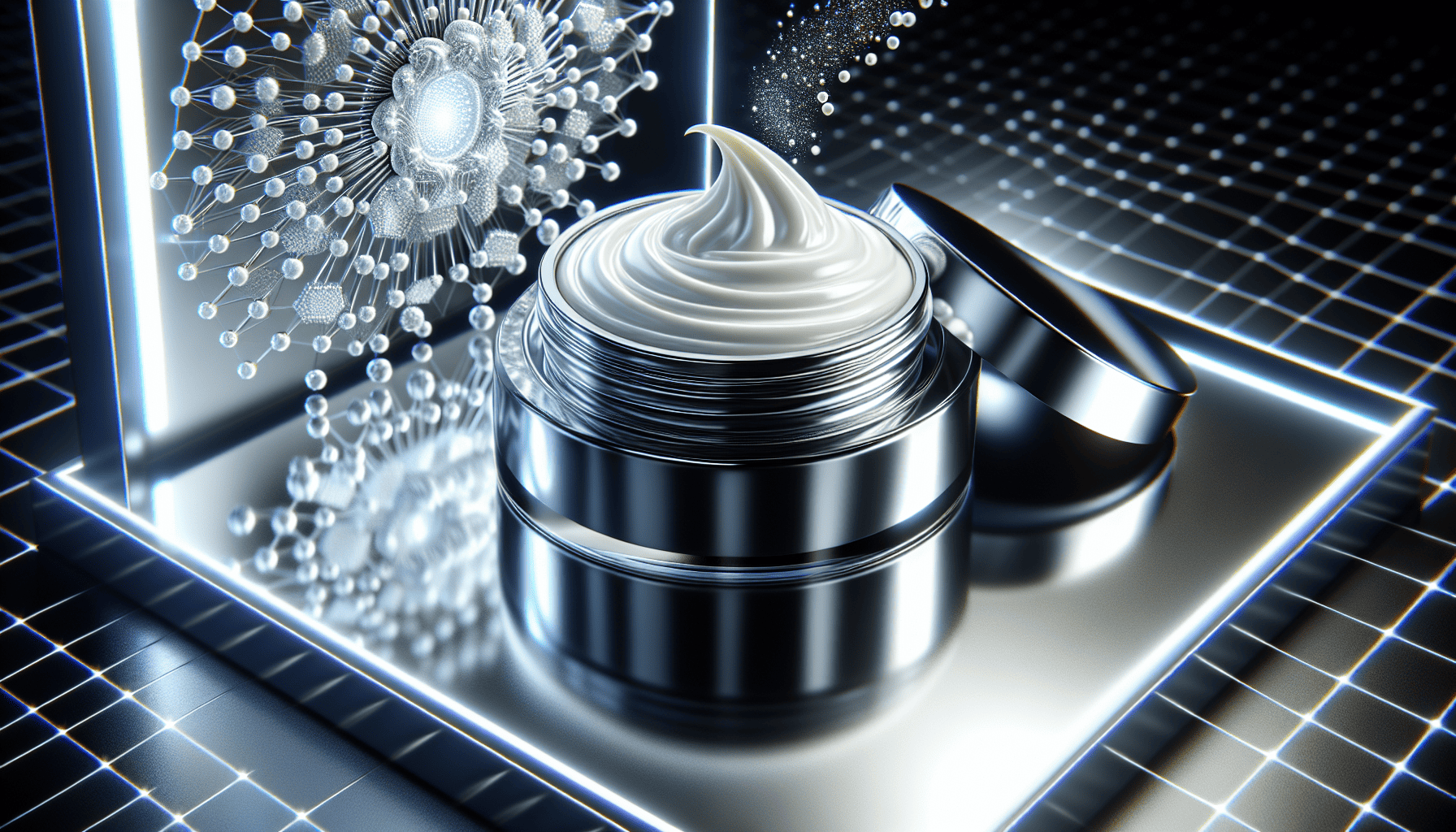Nanotechnology, the science of manipulating materials on an atomic or molecular scale, is making significant strides in various industries, including the world of cosmetics. This cutting-edge technology is transforming beauty products, driving innovations that enhance their effectiveness and offer new solutions that are reshaping the future of skincare and cosmetics.
At the heart of this revolution are nanoparticles, which are often 100 to 10,000 times smaller than the width of a human hair. Their incredibly small size allows for novel ways of formulating products that can penetrate deeper layers of the skin, making active ingredients more effective. This has opened up new possibilities for addressing both functional and aesthetic aspects of skincare, from improved moisturization and sun protection to anti-aging treatments and acne solutions.
One of the standout applications of nanotechnology in cosmetics is in the realm of sunscreens. Traditional sunscreens often leave a white residue on the skin due to their physical particulate ingredients like zinc oxide or titanium dioxide. However, when these particles are reduced to nano-size, they become transparent, maintaining strong UV protection without the unwanted chalky appearance. This improvement not only enhances the user experience but also encourages more consistent application, which is crucial for effective sun protection.
Moisturizers and anti-aging products are also benefiting from nanotechnology. Nano-emulsions are used to improve the delivery of hydrating ingredients and antioxidants deeper into the skin, enhancing their effectiveness. Liposome technology, another nanotech breakthrough, encapsulates nutrients and vitamins, ensuring they reach targeted skin cells and release their contents over an extended period. This controlled release mechanism maximizes the benefit of the active ingredients, resulting in increased skin hydration and a reduction in the appearance of fine lines and wrinkles.
Furthermore, nanotechnology facilitates the creation of unique textures and formulations in color cosmetics. Nano-pigments offer enhanced color payoff and longer wear, all while feeling lighter on the skin. These advances cater to the growing demand for makeup products that not only beautify but also nurture the skin.
The use of nanotechnology in cosmetics does not come without challenges. There are ongoing discussions regarding the safety and environmental impact of nanoparticles, as their small size raises concerns about absorption into the body and accumulation in the environment. The industry is actively researching these areas, and regulations are evolving to ensure consumer safety and environmental protection.
Despite these challenges, the potential benefits of nanotechnology in cosmetics are vast. It promises not only to change the way products are formulated and used but also to enhance the efficacy of active ingredients, paving the way for innovative approaches to beauty and skincare. As research continues to advance, consumers can look forward to a new era of cosmetic products that deliver superior performance, customized solutions, and a seamless blend of science and beauty.
In conclusion, nanotechnology is rapidly becoming a cornerstone of innovation in the cosmetic industry. Its ability to revolutionize product formulations and delivery systems demonstrates a promising future for skincare and beauty, offering individuals more effective and personalized options for achieving their desired aesthetic goals. As the industry progresses, the intersection of technology and cosmetics will continue to unveil a spectrum of possibilities at the nano level, forever changing the landscape of beauty.
